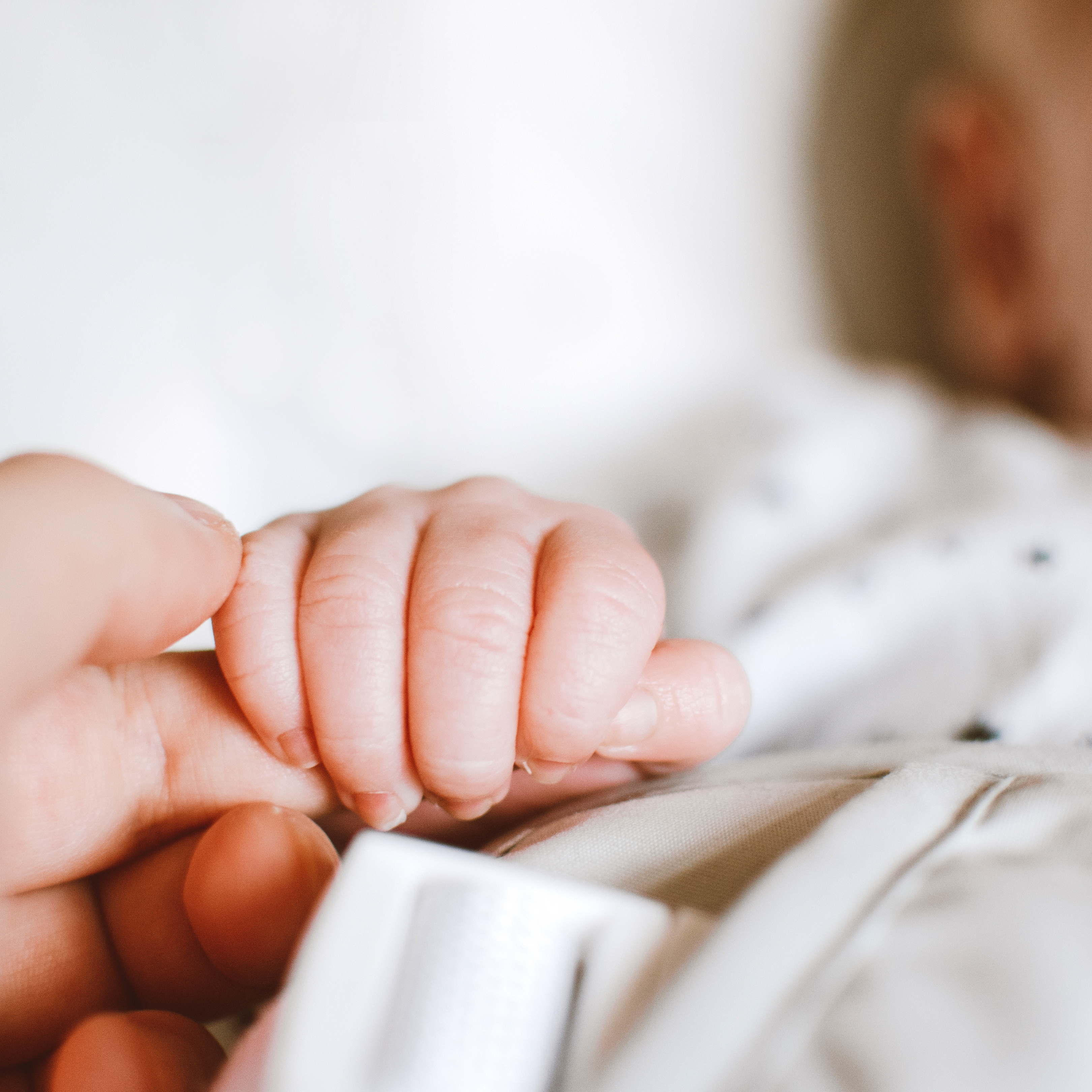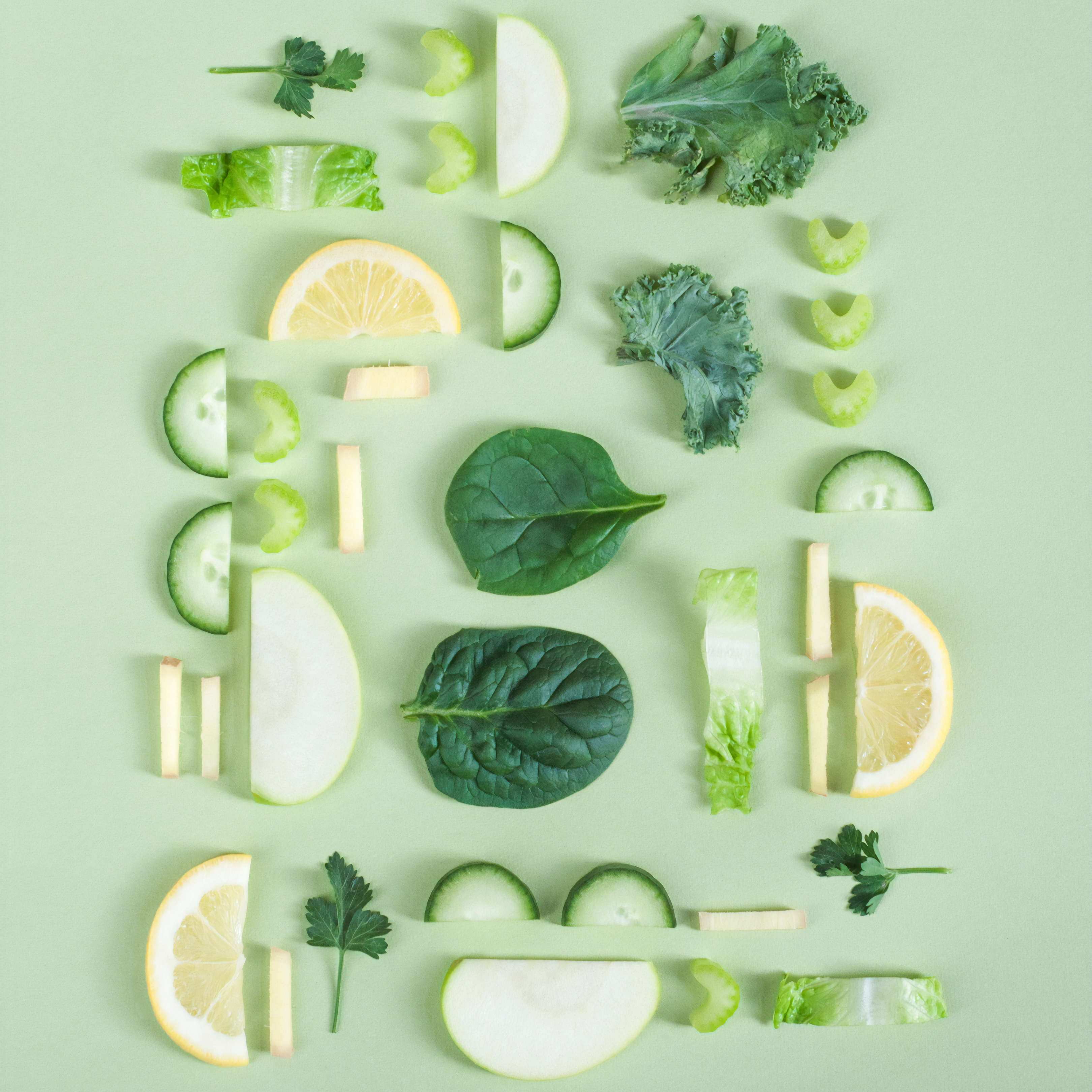Looking after your mental health as a new mum

Now that your baby is here, you are a family and your baby needs to feel the same love and protection that you gave her or him while she or he was inside you. Trust your instincts – you will find that you are ‘ready-programmed’ for parenting, though it can feel daunting, and it is also important to look after yourself. Baba West co-founder, Zita West, shares her tips for looking after your mental health as a new mum.
Take the pressure off
Try not to put too much pressure on yourself. You have just been through a life-changing experience, so you may need a little time to settle down. If you are ready to go out with your new baby, then do so, but listen to your body and do whatever feels right for you.
Give yourself time
As you begin to recover after the birth of your baby, you may notice further changes in your body and your feelings.Try to give yourself time to adjust.
Look after yourself too
Rest as much as you can and continue to eat a healthy, balanced diet, especially if you are breastfeeding. We know the phrase "sleep when the baby sleeps" is a frustrating one, there feel like so many things you need to do, but if you can just sit quietly when you can then this will also help restore energy.
Accept help
Once parental leave is over for your partner and you are alone with your baby, things can sometimes seem a little overwhelming. Try to talk to friends and family and accept any offers of help – or simply ask for it if it is not volunteered.
Coping with feeling low
Early parenthood can be a bumpy ride. One minute you might feel euphoric, the next hopeless and overwhelmed. Most mothers experience a short period of feeling low, but bounce right back, but some find things more difficult. However, prompt help can make a huge difference and life can become much happier again.
If you did not fall in love with your baby the instant that you saw her or him, don’t blame yourself. The bonding process doesn’t happen instantly for every mother, and if you had a difficult labour and birth it may be that you need time to recover before you are able to connect properly with your baby. But don’t worry – it will happen.
The ‘baby blues’ are extremely common and affect 85% of all mothers shortly after birth. In fact, this phenomenon is so common that midwives and health visitors almost expect to see some signs of low spirits on day three or four after the delivery of the baby. Baby blues are not the same as postnatal depression though, these blues are short-lived and are primarily caused by fluctuating hormones, so they usually start just as your milk comes in. You are probably at your most tired and uncomfortable at this point and it may seem off that just when you expected to feel euphoric, you suddenly feel tearful and overwhelmed. Baby blues usually resolve themselves with a few weeks, when your hormones start to settle down. For some women though, the blues do not go away but deepen into a depression that typically reaches its peak about 10 weeks after delivery. Midwives and health visitors are trained to spot signs of PND and when they come to visit you at home they will take care to find out about all aspects of your recovery after your baby’s birth.



